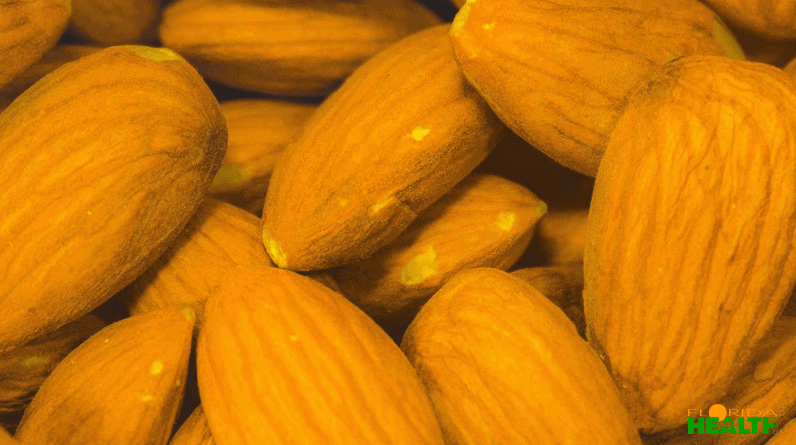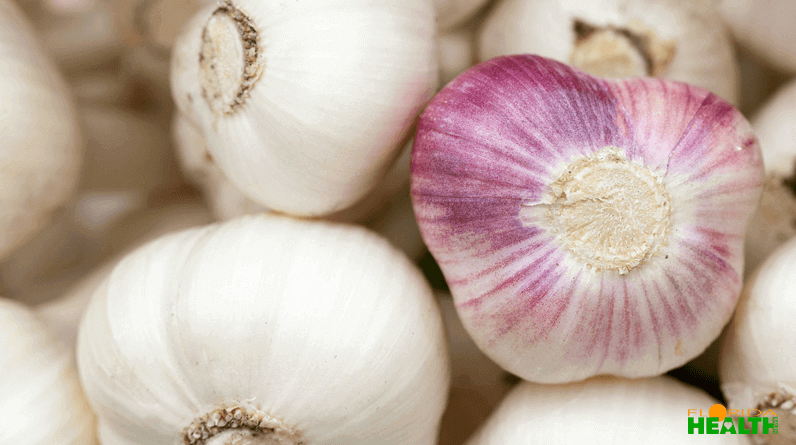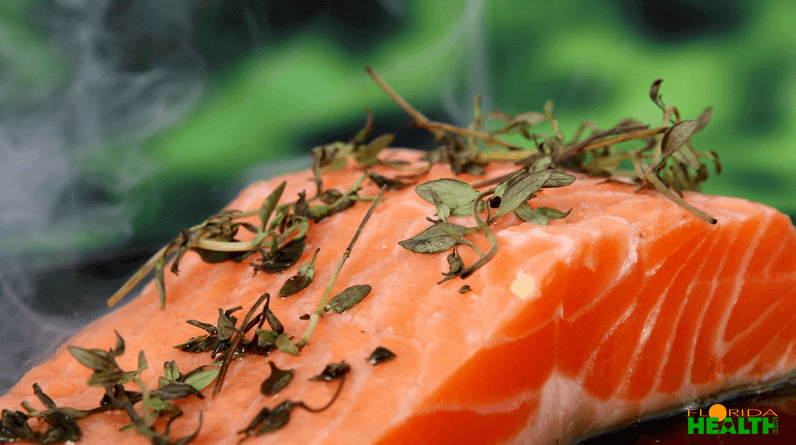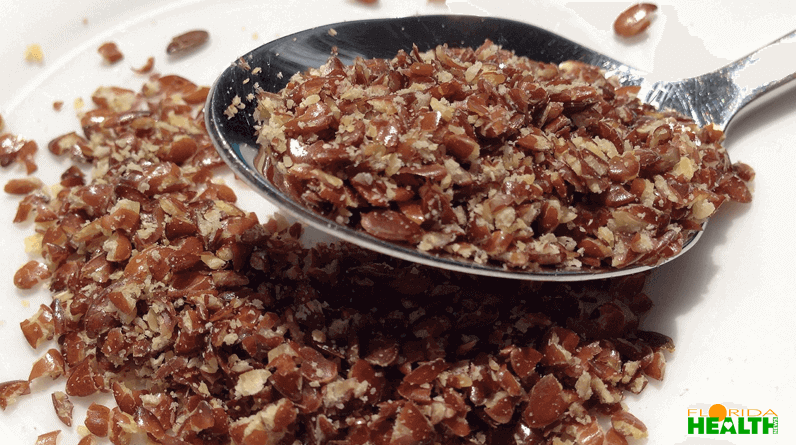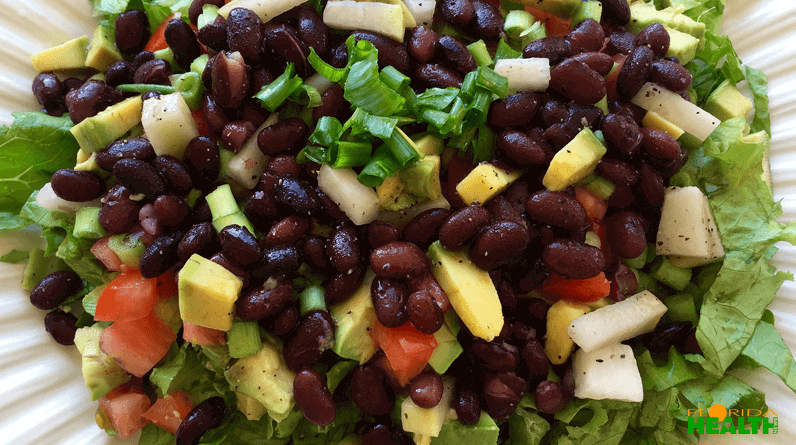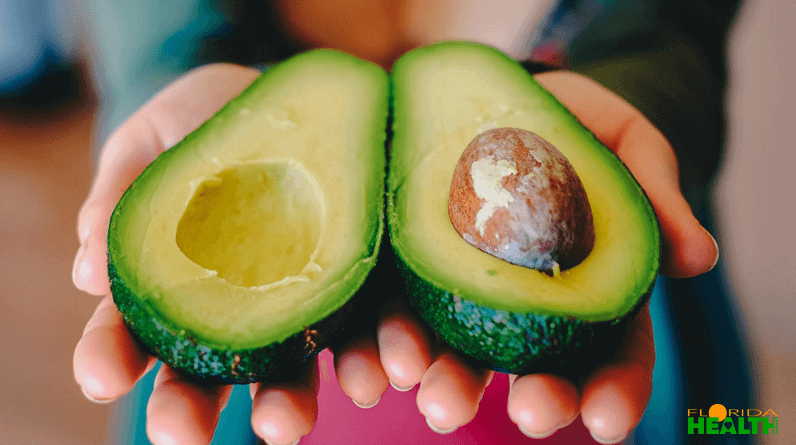
Few people are aware of the enormous role that magnesium has in our health:
Magnesium is important for almost all bodily functions, improves the immune system, prevents the development of inflammation that is associated with the development of certain cancers, improves heart health, and may even reduce the risk of a heart attack.
Research shows that daily intake of magnesium reduces the risk of developing diabetes by 33% and that the intake of this mineral helps with depression and migraine. Although this mineral is available as a supplement, experts suggest that it is best to take it the natural way that is through food. Here’s a list of foods that are considered the best sources of magnesium.
1. Leafy green vegetables
Leafy green vegetables contain key minerals and vitamins, which are crucial for the health of the organism. Spinach, kale, and chard are the best natural sources of magnesium, thus it is recommended to be often consumed.
2. Nuts and seeds
Only 70 grams of pumpkin seeds provide almost 100% of the recommended daily magnesium intake. Nuts and other seeds extremely rich in this mineral are almonds, sunflower seeds, Brazil nuts, cashews, pine nuts, and flax seeds. All this is great as an afternoon snack because it increases the level of energy and provides a feeling of satiety.
3. Fish
In addition to being an excellent source of vitamin D and omega-3 fatty acids, fish species such as mackerel, salmon, halibut and tuna can help you increase your intake of magnesium. Let eating fish at least once a week is your goal. It is best to have it for dinner (so you will, among other things, prevent the entry of a lot of calories in the evening).
4. Soy
Soy is rich in nutrients like fibers, vitamins, minerals, and amino acids. 150 grams of soy meets your daily needs for magnesium. Other beans rich in this mineral are all kinds of black, red, white beans, and lens.
5. Avocado
Packed with multivitamins, nutrients suitable for heart health, and natural chemical compounds that keep various diseases at bay, avocado is one of the most versatile foods which are good for overall health. Just one slice of avocado satisfies about 15% of the daily requirement for magnesium.
6. Bananas
Bananas are known to be a rich source of potassium. A medium-sized banana contains about 32 mg of magnesium. In addition to bananas, other fruits rich in this mineral are strawberries, blueberries, grapefruit, and figs.
Dark chocolate
If you need another reason to enjoy dark chocolate, you’ll be pleased to know that it is a rich source of magnesium. 30 grams of dark chocolate contains about 15% of daily needs for this mineral, and we should not forget that antioxidants, which are contained in this favorite dessert, lower high blood pressure, improve circulation, and improve overall heart health.
Needs for magnesium-dependent on a number of factors, such as health status, age, food composition, alcohol, stress, pregnancy, and lactation so the daily requirement for this mineral varies according to the following:
- children: 170 mg per day
- young: 350 mg per day
- women: 280 mg per day
- pregnant and lactating women: 350 mg per day
- men: 350 mg daily.

Carl Riedel is an esteemed online researcher and writer, specializing in the intersection of technology and wellness. As a member of the International Association of Therapists, Carl brings a unique perspective to his work, skillfully integrating insights from therapy and digital trends. His articles help readers navigate the complexities of the digital age with an emphasis on promoting mental and emotional well-being.


